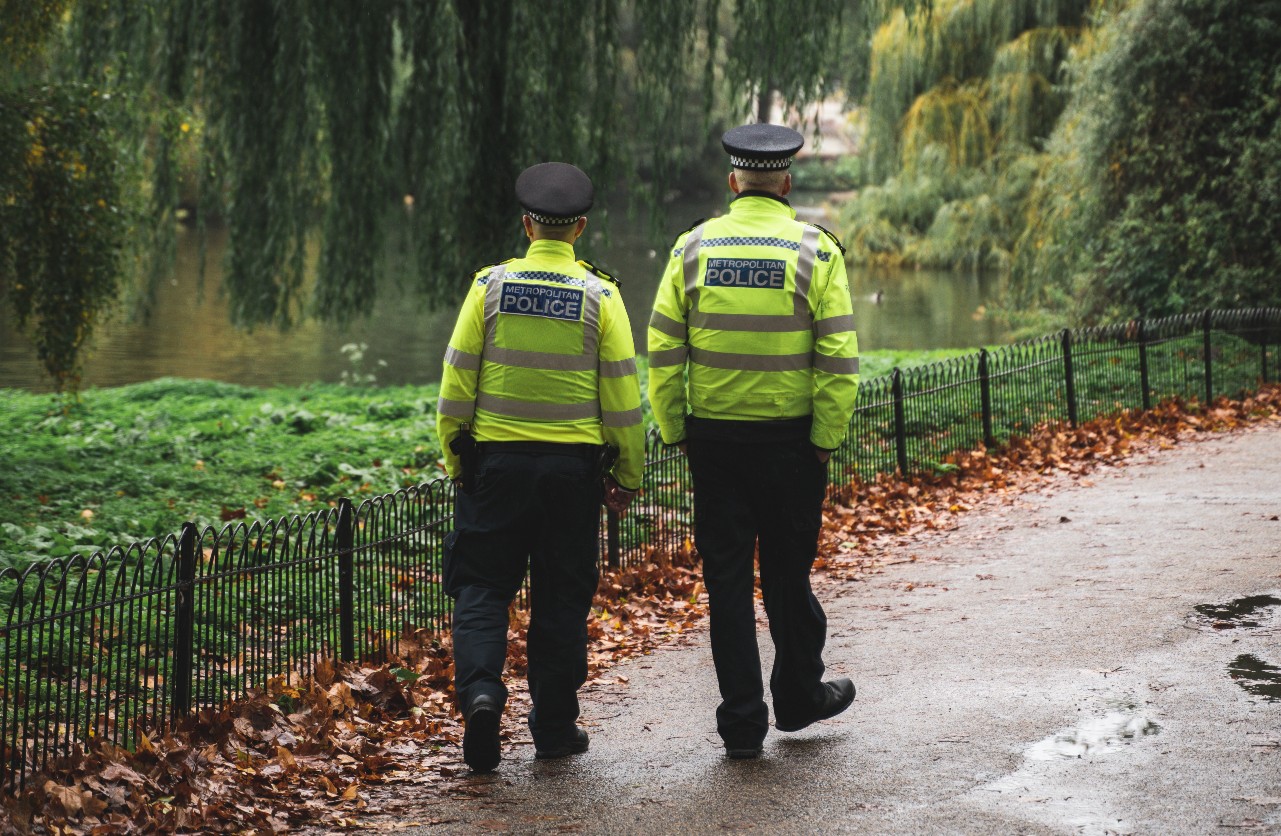Everything you need to know about the 28-Day Pre-Charge Bail Limit
On 3rd April 2017, under the new Policing and Crime Act 2017, the Government introduced a new 28-day pre-charge bail limit. Steve Roberts, a Partner at Richard Nelson LLP, takes a look at what this means in practice.
How long can police bail last?
Under the Policing and Crime Act 2017, police bail can last a maximum of 28 days, during which the police and carry out their enquiries. This means that if you are released on police bail, it should take no longer than a month for a decision to be made.
Previously under the Police and Criminal Evidence Act 1984 (PACE), there was no legal limit on how long a suspect could be bailed for other than where minor offences needed to be charged within six months of the commission of the offence.
As a result, suspects who were not convicted could remain on police bail for months, even years, with no charge and bail conditions that limited their private lives. Often, suspects were simply re-bailed as the investigation was said not to be complete. The impact on a suspect or alleged victim could be immeasurable and needed addressing.
Due to this need, the new limit has been designed with the hope that the offence will continue to be investigated and there will not be a prejudice of substantial delays on the suspect or alleged victim.
Within the 28-day pre-charge bail limit, the police are expected to have concluded their enquiries and obtained a decision as to whether the suspect should be charged.
How many times can you be bailed without charge?
There is no limit to the number of times a person can be bailed without charge. The police are under an obligation to conduct investigations “diligently and efficiently” – those two obligations are at odds with one another, which means that the new time limit on bail has caused the police some real problems.
As mentioned at the start of this article, the new bail time limit has been set at 28 days (extendable up to 3 months where authorised by a Superintendent and every three or six-month extension thereafter ad infinitum must be agreed by a Magistrate).
To get around the new bail time limit, the police began releasing suspects under investigation (RUI) after their initial interview or detention. This means that there are no bail conditions in place, nor is there a date set for them to return to the police station. If the police want to question them again while RUI’d they can either invite them in for a voluntary interview or arrest them (subject to there been grounds for arrest in the first place).
Released Under Investigation causes problems for suspects and the legal profession as there are no goals or timeframes for the police to work towards. Theoretically the investigation can go on for years without an outcome, leaving us where we started before the new time limit.
Can the police apply for bail extensions beyond the 28-day limit?
Unfortunately, bail extensions are not as simple as it seems. The Police are still allowed to apply for extensions to the 28-day pre-charge bail time limit if they feel the case is significantly complicated. An officer of the rank inspector or above is able to authorise a three-month extension from the initial arrest date before a decision needs to be made.
If further time is needed for more enquiries or to consider the evidence, the police can apply to a Magistrates Court to issue an extension. There is no proposed limit on how often such applications can be made to the Court but it is anticipated that the Court would need to be satisfied that the investigation is taking place expeditiously and that there are grounds to keep the suspect on bail.
Where there are ‘exceptional circumstances’, it will be possible to extend bail administratively to a total of six months before seeking judicial authorisation. This decision can be made by the Serious Fraud Office, Crown Prosecution Service and the Financial Conduct Authority.
Whilst it is possible for the police to apply for an extension, those who consider that they have been subject to disproportionate and unnecessary conditions can still appeal these decisions. In the first instance to the custody sergeant then to the Magistrates Court.
What does the 28-day pre-charge bail time limit mean for you?
The new Act presumes that bail can only be imposed if necessary and proportionate. Where it is not considered proportionate the suspect will be released “not on bail under investigation.”
If you are released without charge due to the time limit, the investigation continues which means that you may subsequently receive a summons if a decision is made to prosecute or receive notification that the investigation has concluded. You can also be re-arrested for the same offence if fresh evidence comes to light.
For those arrested before 3rd April 2017, the new legislation does not apply to you or your current investigation. However, there remains a duty on the Police and CPS to carry out their investigation expeditiously and it is still open for those in this position challenge their ongoing re-bail by way of a judicial review.
At present the effectiveness of the Policing and Crime Act 2017 is unknown. In reality, only time will tell whether the Act will reduce the amount of time an average suspect spends on police bail and the need to determine what constitutes “proportionate” is likely to lead to inconsistencies between different police forces.
If you feel that you require assistance for any form of criminal defence, or would like more information on any of the issues raised in this article, please do not hesitate to contact us.




